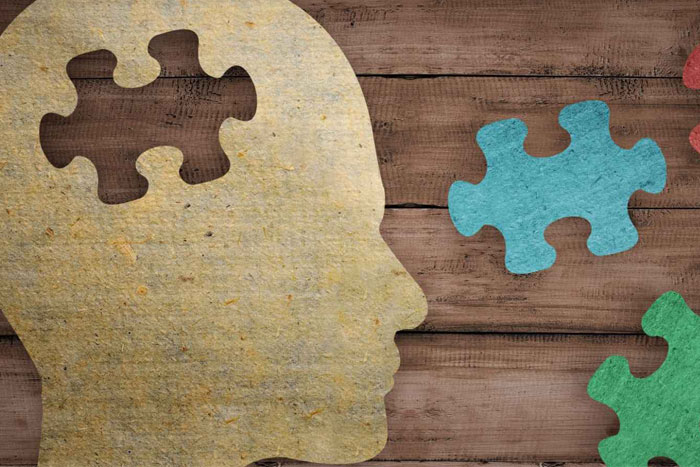
In the office, we often come across people who, in spite of having a low IQ, have scaled great heights in their careers. Whereas, people with high IQ are seen struggling to find a place in the company. There could be a lot of reasons on which the performance of an employee depends. However, does it mean that IQ has no relevance with the performance of an employee? As per a recent study, people with an average IQ outperform those with the highest IQs almost around 70% of the time. This anomaly threw a massive wrench into the broadly held assumption that IQ was the sole criterion of success. Now, the question arises, what is then more important at work than IQ? Decades of research point to emotional intelligence (EQ) as being the critical factor that sets star performers apart from the ordinary. While cognitive intelligence is strategic (long term), it's the emotional intelligence, which is tactical (immediate functioning).
Let's try to understand the meaning of emotional intelligence through a short story:
This is the story of a Japanese Samurai who once challenged a Zen Master to explain the concept of Heaven and Hell. The monk replied with scorn, "You're nothing but a lout- I can't waste my time with people like you!" Alas! The samurai flew into a rage and, pulling his sword from its scabbard, yelled- "I could kill you for your impatience." "That," the monk calmly replied, "is hell." Startled at the definition of hell, the samurai calmed down, sheathed his sword, and bowed, thinking the monk for the insight. "And that," said the monk "is heaven." Through this short story, it is evident how well the Zen Master was aware of the samurai's emotions and how he used his intelligence to his comfort to guide the samurai about the difference between heaven and hell.
In simple words, Emotional Intelligence or Emotional Quotient is the capacity of individuals to recognise their own, and other people's emotions, and to use this information to guide one's think and behaviour. Of course, recognising emotions includes discrimination between different feelings and labelling them appropriately, before taking any decision on their basis. Essentially there are five components of EQ that allow individuals to recognise, connect with, and learn from their own and other people's mental states. These are- self-awareness, self-regulation, motivation, empathy, and social skills such as relationship building, etc. Let's gain more insight into the need of emotional intelligence and how to develop the same.
...
To know this and furthermore, read the complete article in June'19 edition of English Akhand Gyan Monthly Magazine.





